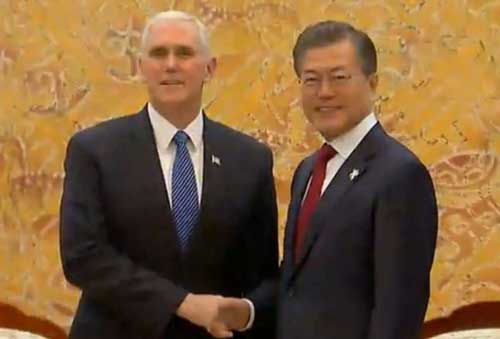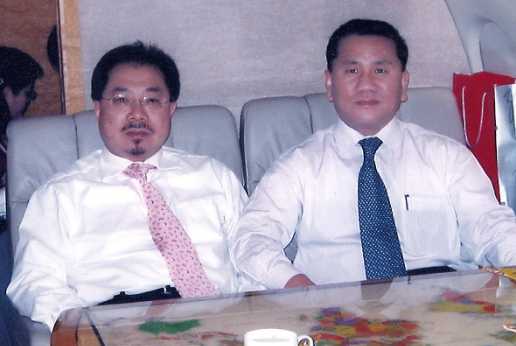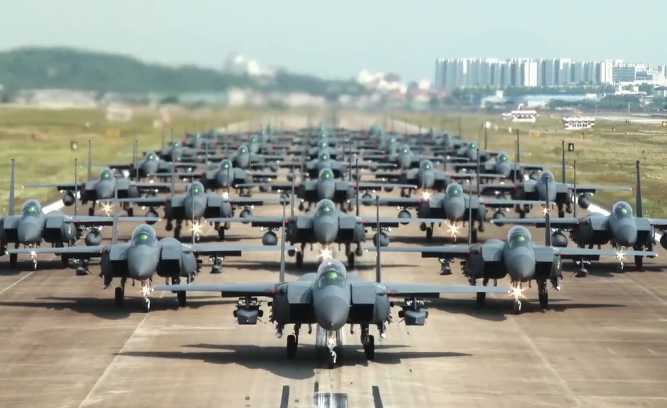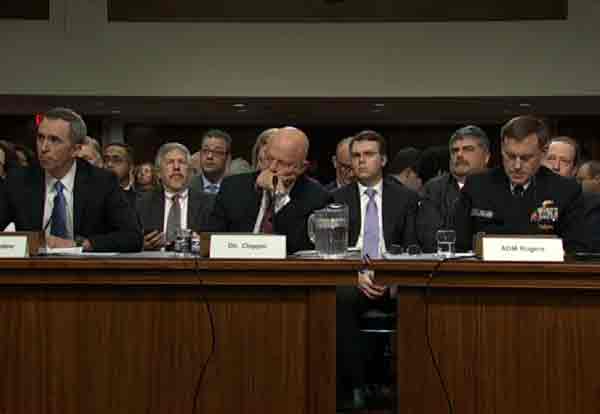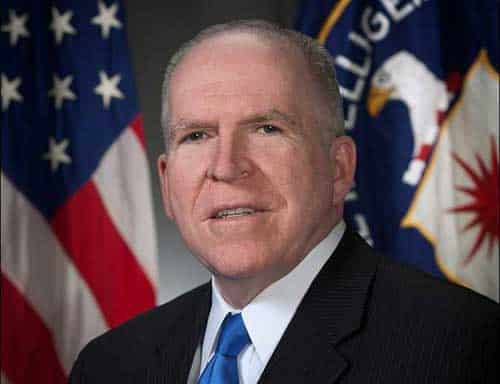
WASHINGTON—Two Americans who were imprisoned in North Korea are enjoying their second day of freedom back in the United States after being released Saturday following a trip to Pyongyang by James Clapper, the director of U.S. National Intelligence. The release of 46-year old Kenneth Bae and 24-year old Matthew Todd Miller came just weeks after a third American, Jeffrey Fowle, was suddenly freed from captivity.
A Kenneth Bae, of Lynnwood, Washington, spoke briefly about his two-year ordeal on his arrival late Saturday aboard a U.S. government plane at Joint Base Lewis-McChord, south of Seattle.
“I just want to say thank you all for supporting me and standing by me during this time. And, it’s been just an amazing blessing to see so many people being involved, getting me released for the last two years, not to mention the thousands of people who’ve been praying for me as well. I just want to say thank you all for supporting me and lifting me up and not forgetting me; at the same time, also not forgetting the people of North Korea. It’s been an amazing two years. I learned a lot. I grew a lot, lost a lot of weight, in a good way. But, I’m standing strong because of you, and thank you for being there,” said Bae.
Bae, a Korean-American missionary and tour guide, was serving a 15-year sentence for alleged anti-government activities.
Miller, of Bakersfield, California, was detained in April after he allegedly tore up his visa and demanded asylum. He was sentenced to six years in prison for “hostile acts” against the state.
The North released 56-year old tourist Fowle of Miamisburg, Ohio October 22, after his arrest in May for leaving a Bible behind in a nightclub. He was awaiting trial.
The U.S. State Department said Clapper engaged North Korean officials in Pyongyang about the release of the two men, and reportedly handed over a personal note from President Obama to North Korean leader Kim Jong Un.
The Wall Street Journal reports Japan and South Korea were notified of the trip in advance. According to an Obama Administration official, the process began several weeks earlier when North Korea raised the possibility of a release and requested a senior U.S. official be sent.
According to the official South Korean news agency Yonhap, a South Korean official said Clapper’s trip was “strictly humanitarian” and does not signal any policy changes.
Stanford University Korea expert David Straub said Pyongyang has long wanted to resolve the issue of the imprisoned Americans and the timing of the release may be intentional, coinciding with the regional APEC summit in China.
“By releasing these three men, the North Koreans have taken away a talking point for the Obama Administration when he (President Obama) sees the Chinese leaders trying to get North Korea to give up its nuclear weapons program. Another possibility is that the North Koreans are trying to get the United States to go a little easier on the human rights issue, which of course is now a major issue before the United Nations General Assembly,” said Straub.
A non-binding draft resolution prepared for the General Assembly by the European Union and Japan, will recommend a lengthy report by a UN Commission of Inquiry (COI) be referred to the International Criminal Court, including targeted sanctions against those responsible for crimes against humanity. A vote could take place this month.
The three-member commission, formed by the U.N. Human Rights Council in March of last year, interviewed more than 80 defectors, witnesses and experts, who detailed decades of systematic executions, torture, rape and mass starvation in the North’s prison network, believed to hold as many as 200,000 people.
Straub said the timing of this latest release comes as North Korea faces its own challenges.
“They have not been able to force the United States or intimidate the United States into doing what they want them to do. The Chinese are still angry at them. They have not really made progress with the Japanese or the South [Koreans]. So, they’re not in a good position, and so they’re maneuvering tactically to improve their position,” explained Straub.
Jamie Metzl of the New York-based Asia Society said Pyongyang, facing tensions with China, human rights pressure from the U.N. and an economy in shambles, may be seeking an Iran-like nuclear agreement, where they negotiate over a long period and give up just enough of their nuclear program to satisfy world opinion while securing more aid.
However, The New York Times, quoting Obama Administration officials, said that by dispatching Clapper to North Korea, President Obama signaled he would not reward the North with sanctions relief or a new round of negotiations. One official said Clapper’s message was that, for a resumption of relations with Washington, Pyongyang had to deliver on past promises to dismantle its nuclear program.


